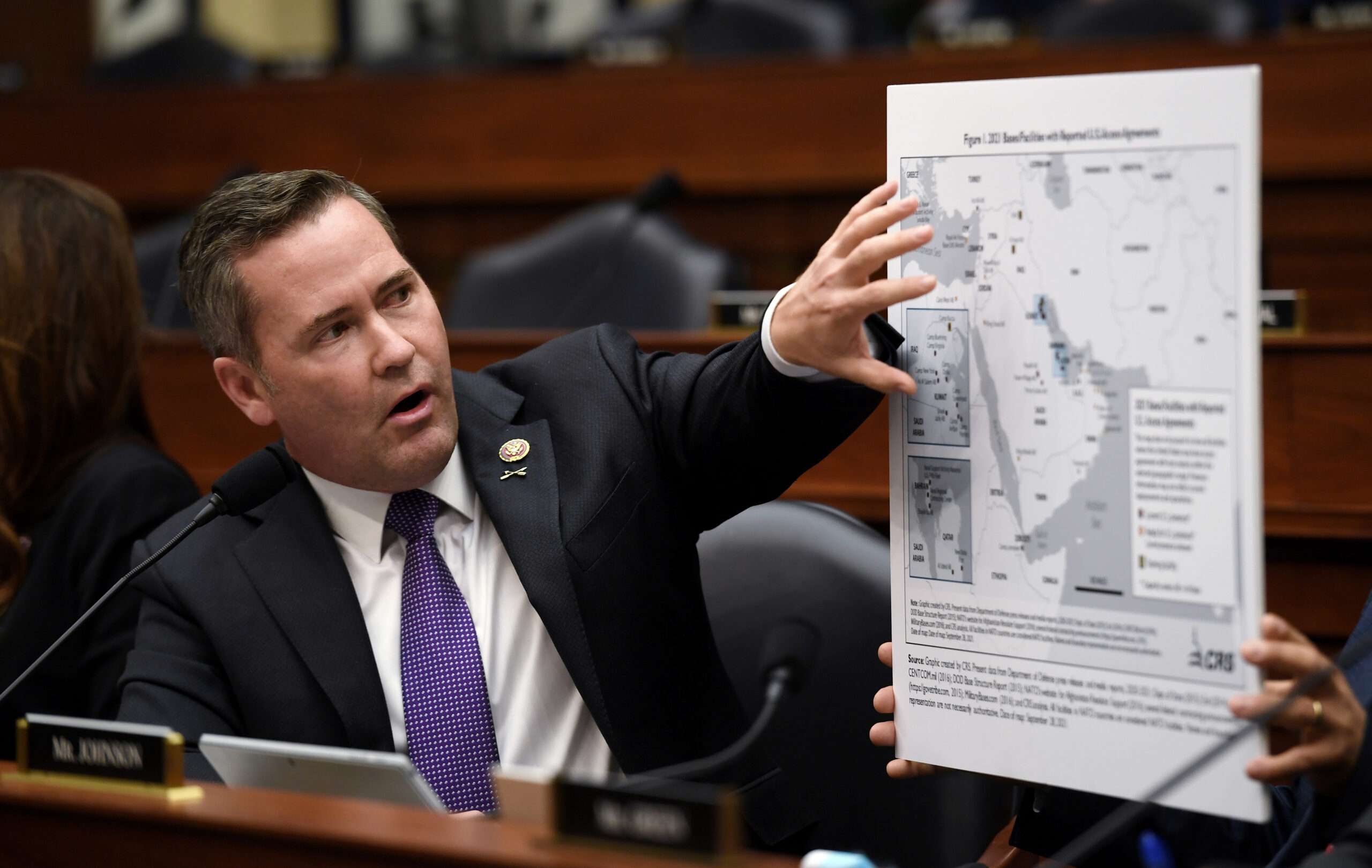Trump’s National Security Advisor Implies Support for Military Action Against Russia and Afghanistan
The incoming Trump administration is reportedly bringing a slate of war-hawks into critical national security positions, signaling a continuation of aggressive foreign policy approaches reminiscent of previous administrations. Rep. Mike Waltz of Florida is set to take the role of national security adviser, while Sen. Marco Rubio is expected to assume the secretary of state position. Both figures have a robust history supporting interventionist policies and regime change, further complicating Donald Trump’s promises to reduce American military engagements abroad. Although Rubio has recently framed his stance to align more closely with a diplomatic resolution to the war in Ukraine, he has long been an advocate for confrontational approaches, which raises concerns about potential escalations under his leadership.
Mike Waltz’s background is especially troubling for those hoping for a shift in U.S. foreign policy. With a history as a Department of Defense policy planner under the Bush administration and experience as a counterterrorism adviser to former Vice President Dick Cheney, Waltz has shown a clear preference for military escalation. His comments during the Conservative Political Action Conference in 2017 highlighted his belief that America is engaged in a “multi-generational war,” particularly in Afghanistan, where he opposed efforts to withdraw U.S. troops. His repeated calls for military action in response to conflicts in both Afghanistan and Ukraine highlight a consistent theme of aggressive interventionism.
Further intensifying these concerns is Waltz’s passionate advocacy for confronting Iran and Russia militarily, often employing charged rhetoric that portrays these nations as existential threats. He infamously referred to Russia as a “gas station with nukes,” echoing sentiments from former political figures such as John McCain. Rather than advocating for a potential diplomatic resolution, Waltz has embraced a stance that endorses the use of U.S. military might, even suggesting that American forces should play a role in bolstering Ukrainian defense efforts through logistics and assistance at planning levels. This propensity for military involvement raises alarms regarding the potential for increased American troop presence and capabilities on foreign soil.
In addition to conflicts in the Middle East and Eastern Europe, Waltz has proposed an aggressive strategy to tackle drug cartels in Mexico, advocating for warfare through cyber, drone, and naval assets. His inclination towards military solutions, disguised as a pursuit of “peace through strength,” aligns with the neoconservative tradition that has defined U.S. foreign policy for decades. The notion that increased aggression can bring about a swift conclusion to conflicts, as articulated by Waltz, starkly contrasts with the realities of ongoing wars and entrenched military engagements, which often perpetuate rather than mitigate violence.
Amidst these developments, Waltz’s narrative suggests that the escalation of U.S. military power is presented as a safeguard against the perceived spiraling of conflicts in Ukraine and the Middle East, framing it as a necessary measure to prevent U.S. aid from being misallocated. This “de-escalation through escalation” tactic mirrors the strategies of the Biden administration, illustrating that despite claims of new leadership and policy change, the underlying framework of U.S. military engagement remains alarmingly consistent. The promise of altering America’s military footprint seems more like a ruse as the same dynamics of intervention and prolonged conflict are reiterated under a new administration.
Ultimately, Waltz’s anticipated role in the Trump administration embodies a continuation of aggressive military strategies, signaling a future where U.S. foreign policy might remain tethered to the same interventionist ideals that have characterized past administrations. Both Waltz’s and Rubio’s strategies indicate a heightened susceptibility to escalating conflicts instead of pursuing diplomatic avenues, which casts doubt on the likelihood of any significant shift in the U.S. approach to international relations. As the nation stands on the cusp of a new political era with familiar players in key positions, the overarching narrative suggests that the United States may be prepared to lean into historical patterns of military engagement rather than seeking resolution through peace and diplomacy.
Share this content:












Post Comment